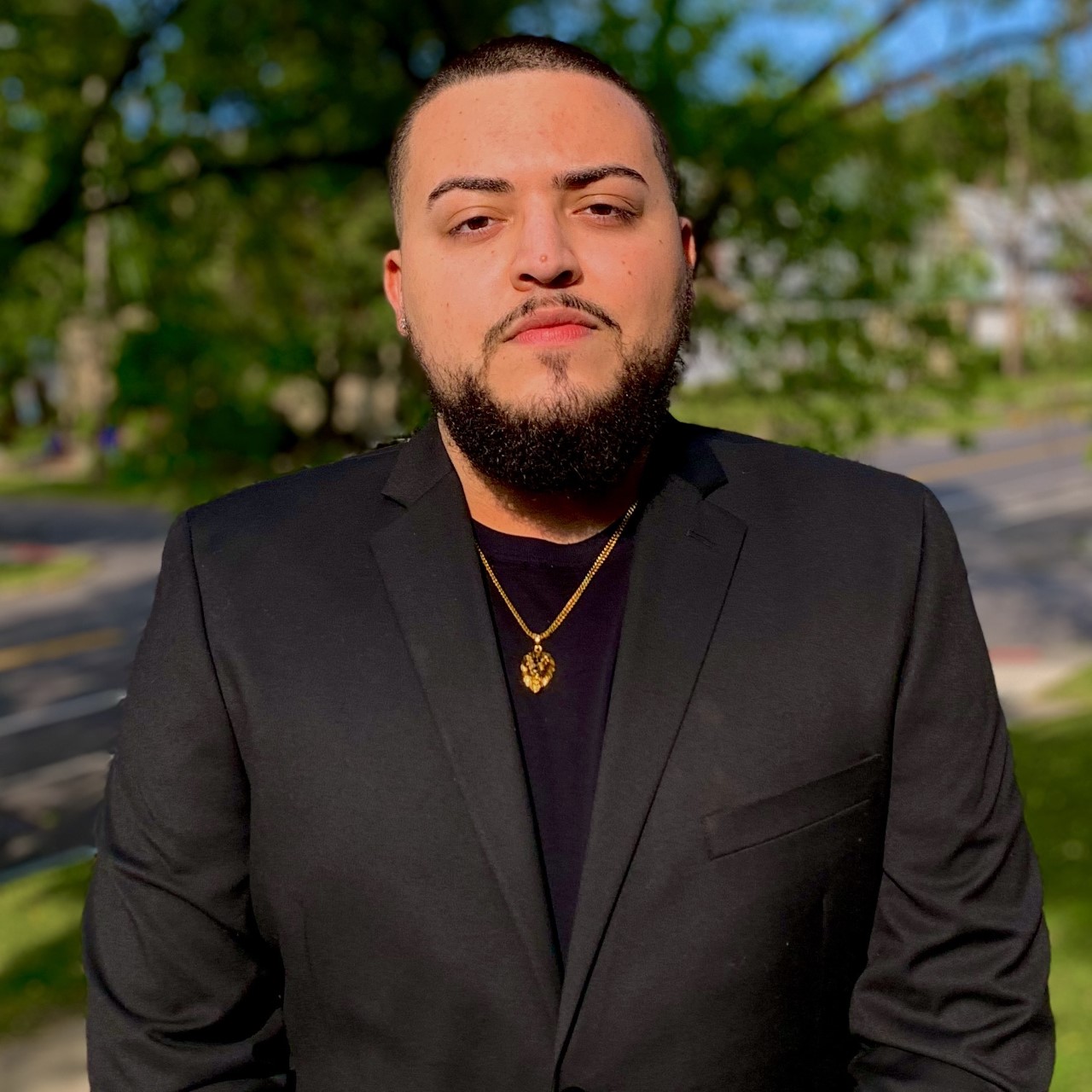
The Intergovernmental Panel on Climate Change recently reported that by 2030, carbon dioxide emissions need to be cut by 45% to keep the rise in global temperatures in check for this century. According to the Environmental Protection Agency (EPA), there are 3,091 active landfills in the U.S. and two thirds of that waste is biodegradable, producing carbon dioxide and methane upon their decomposition. Amidst this evident climate crisis, innovation is key for shifting theexpected path upon which the Earth is currently navigating.
Studying marketing management and entrepreneurship at Syracuse University’s Whitman School of Management, Posse Scholar Jose Arrieta is working towards halting the staggering rise in greenhouse gas emissions through unprecedented waste management. He founded Viridi with four team members as a capstone project and devised an alternative method of waste disposal for food retailers that is both environmentally sustainable and economically beneficial.
“We partnered with professionals to create an industrial-scale fast-acting composter which currently doesn’t exist. Instead of throwing away excess produce that hasn’t sold by fresh dates, grocers could compost it on site and sell the high nutrient value output to local farmers and nurseries,” says Arrieta, who served as chief marketing officer for the team.
“A huge component of capstone and beginning a business in general is truly starting something unique that fixes a problem. I feel like it’s so hard to come up with something new, especially in modern times. If people are going to do something, even if it is imaginary, they should at least do something that can do some good,” says Arrieta, who project the team’s waste management model could drastically reduce the 10 billion+ pounds of produce wasted in grocery stores per year.
The LaunchPad’s Executive Director, Linda Dickerson Hartsock, serves as one of the judges for this capstone competition and was extremely impressed with the team and the amount of research, planning and execution that went into the idea. She also thought it was a viable solution that had further merit. Arrieta shares how much she believed in Viridi despite the team not winning the competition. “She told us that she gave us the highest possible scores and recommended advancing us to the final round. That was very affirming because it was really a semester’s worth of hard work. This semester in particular wasn’t an easy semester for anyone, so just imagine the weight off our shoulders when we presented and got that feedback.”
Following the capstone competition, Hartsock was so impressed with Arrieta and his team that she invited them to the Hult Prize, an international business competition focused on sustainable solutions for urgent global problems. Each year, the Hult Prize selects a social problem around which competitors build solutions, and this year’s challenge happened to be “Food for Good,” or developing solutions that transform food into a vehicle for change.
While Viridi was not selected to move onto the global regionals, the team again demonstrated resiliency and commitment, and will continue working with the LaunchPad in spring 2021 to keep refining their idea and advancing it. “Seeing this play out in person and become a full-blown venture is more than enough of a reward for me,” says Arrieta, who will continue to further develop the concept with the unwavering support of his team.
When thinking about waste management on the macro level, Arrieta shares a meaningful insight on the use of landfills in the current food waste model. “It should be the responsibility of those in control of our food systems to tackle our environmental obstacles.”
Until food retailers and consumers are no longer reliant on unsustainable methods for disposing of their food waste, alarming rates of greenhouse gas emissions will continue to erode our ozone layer, leaving us critically vulnerable in all aspects of our lives.
Story by Blackstone LaunchPad Global Fellow Christopher Appello ’21; photo supplied